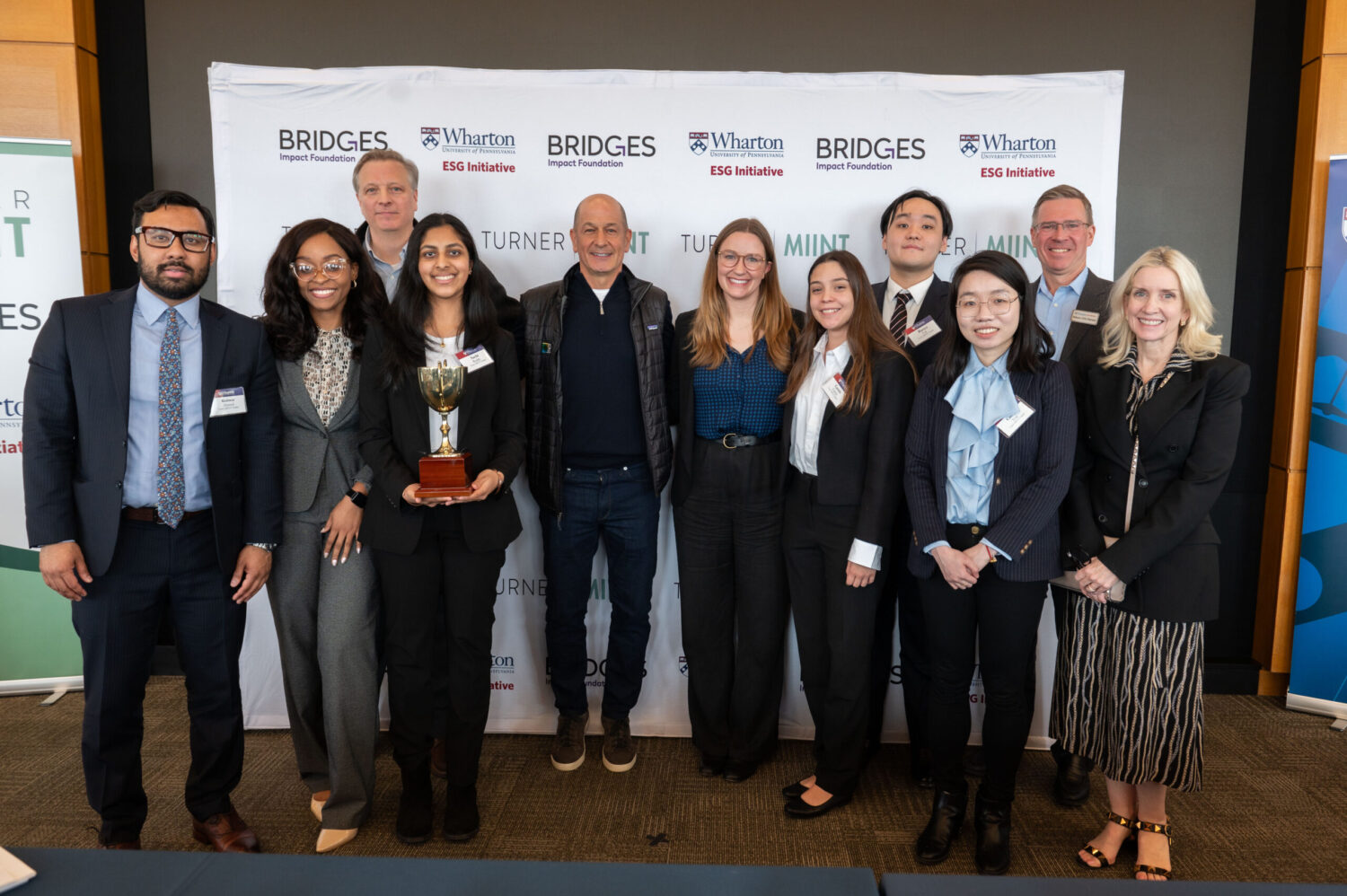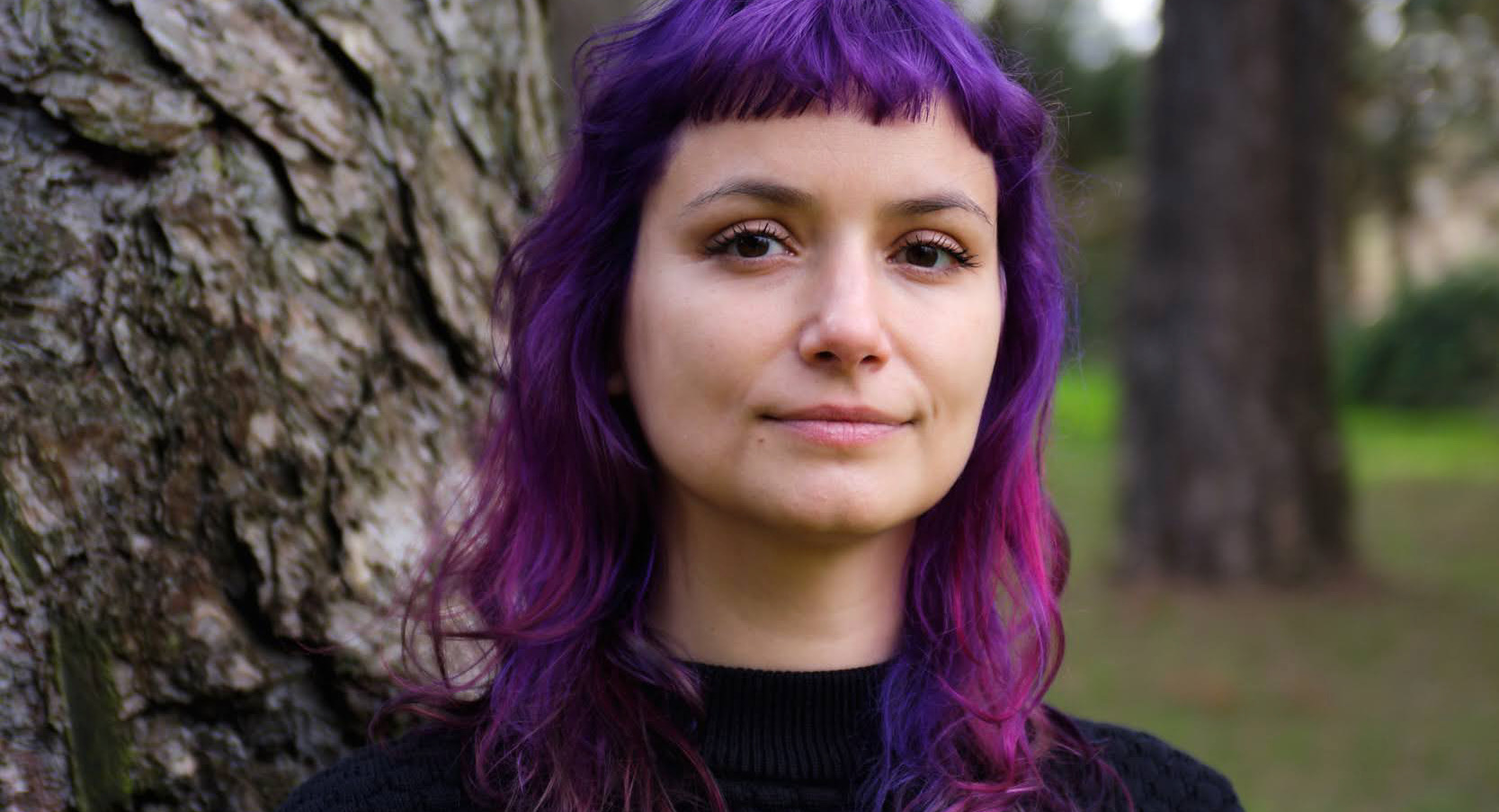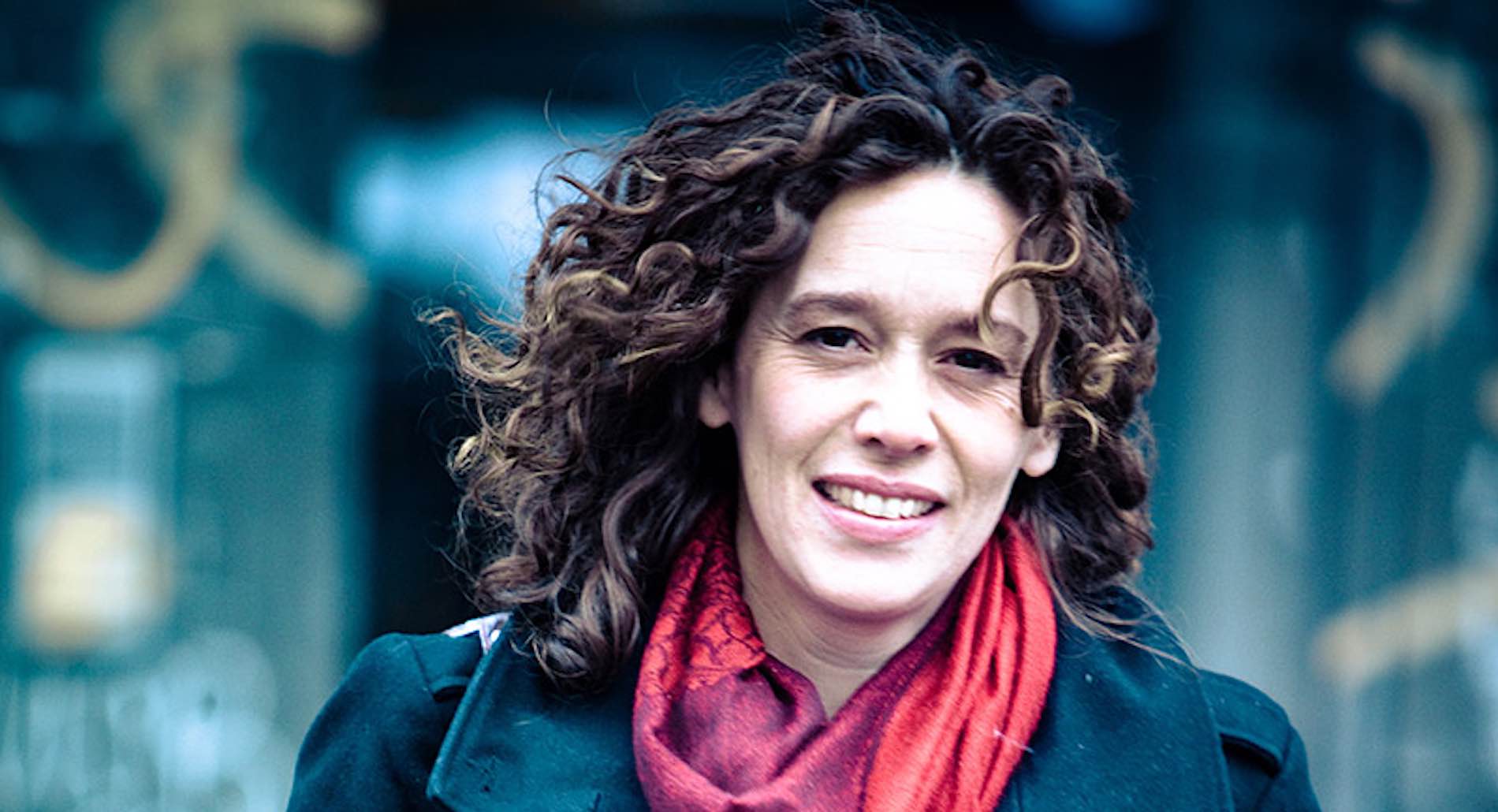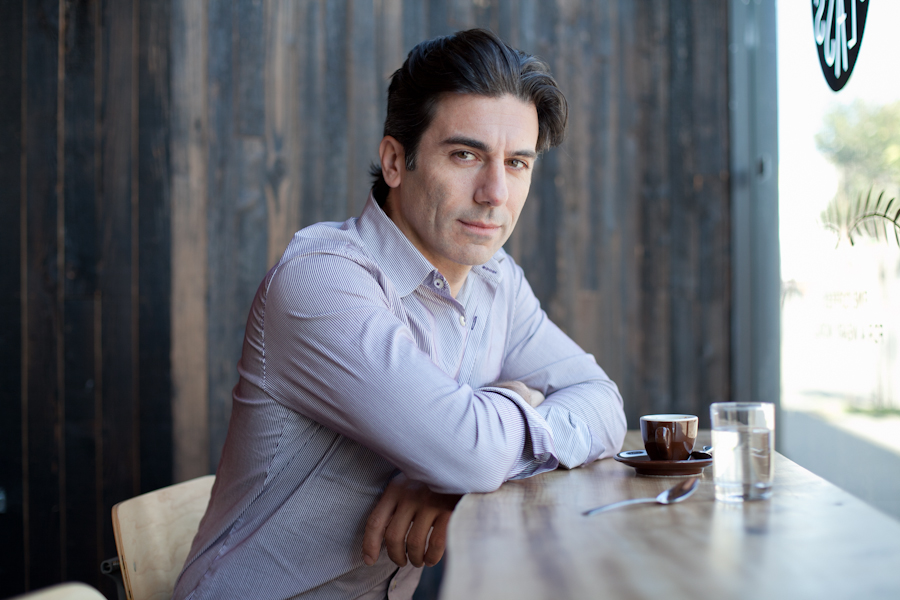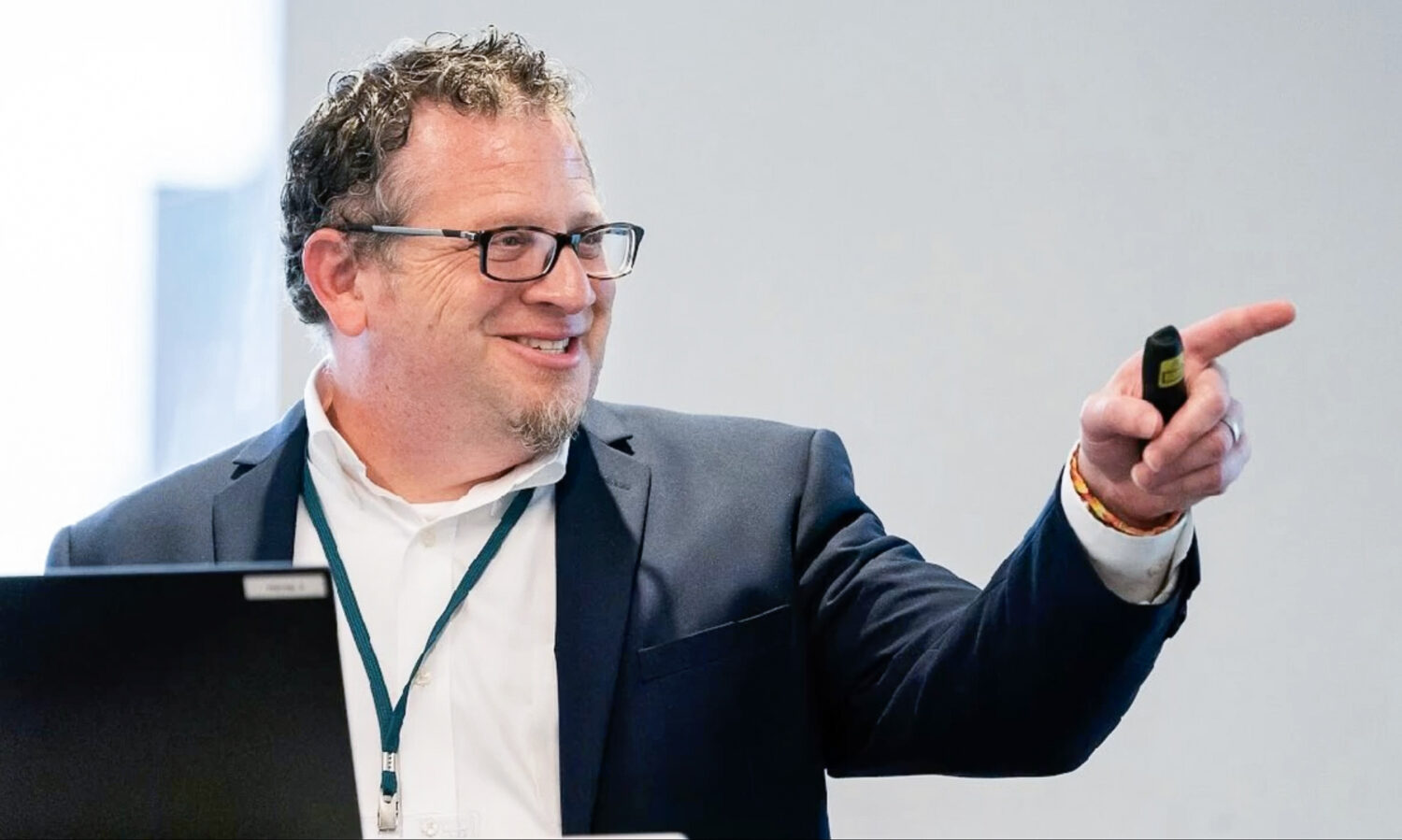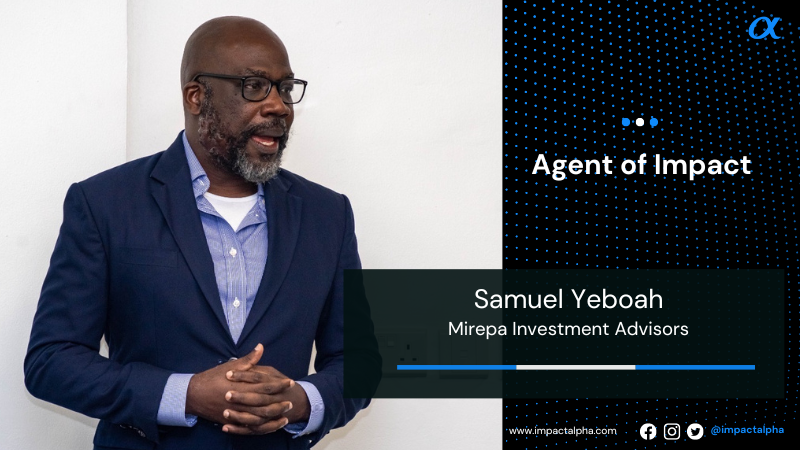ImpactAlpha, Apr. 29 – The climate disruption is spurring a long overdue upgrade for 500 million smallholder farmers, who produce up to 80% of the world’s food. To weather the shocks, farmers need high-quality seeds and fertilizer, training and data, and access to markets and finance.
Farmerline, based in Accra, Ghana “is using digital tools to aggregate demand and working with third-party logistics companies to make sure that the chasm between farmers these very valuable resources is bridged by getting them all they need at the right time,” says Attah, who founded the company in 2013 with $600 and 800 Ghanaian farmers.
Farmerline now works with 80 partners in more than two dozen countries to reach more than a million farmers, and this week closed on $12.9 million in equity and debt financing to expand operations. “When you get farmers fertilizer and seeds at the right time, and when you provide them with the training, they could increase their income by 40%,” Attah told Bloomberg TV. “That makes a lot of impact in the life of a farmer.”
ImpactAlpha first profiled Attah back in 2013. The youngest of three children, he was raised by his aunt and helped her tend a small plot of cassava.
With a partner, he built a system to deliver simple voice messages via phone in Twi, Ga, Fanti, Nzema, Ewe and other languages, with tips for agriculture and aquaculture best practices. With data from the farmer network, Farmerline now supplies vital market intelligence to food traders and manufacturers to forecast fertilizer demand, trace products, and score credit for lending.
Climate change has brought a sharper investor focus on services and financing for smallholder farmers. Last month, Apollo Agriculture in Nairobi raised $40 million, and ThriveAgric in Abuja, Nigeria raised $56.4 million, to boost farmers’ productivity and incomes. The common thread: comprehensive services for smallholder farmers, from inputs to training to markets to finance.
“Technology and more phones don’t solve all the problems,” Attah says. But the data that can be collected “gives us a starting point to make sure that we reach the farmers with good information and to work with them to get them all that they need.”




